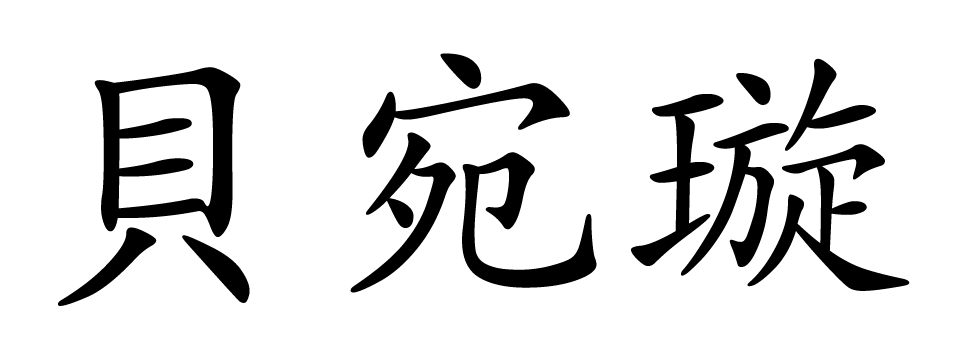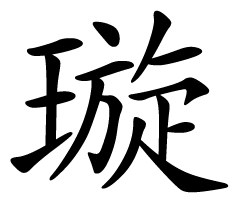Singapore is currently engaged in a bit of navel gazing over racism. Over the last weekend some woman posted online a sad racist rant. Twenty four hours or so later, after much online screaming, the quasi-governmental organization she worked for fired her. The debate online continues…
I’m not going to complain about Singaporeans or Singapore societal woes, which is admittedly my normal MO. Rather I am going to say that it is good that Singapore is having this sort of dialog. In my experience around Europe and Asia, everyone is racist. Some are active racists; most are passive. Coming from the US I have a lot of baggage regarding racism, race based slavery, internment camps, racist immigration laws, segregation; you name it and we’ve done it. But… While the US’ history is as bad, or worse, than most, we have, through the pain and suffering these incidents caused, learned a great deal about ourselves and established societal norms regarding racism. This is important; you can legislate behavior but not feelings and thoughts. So while everyone is America is free to be as racist as they want in their own head, they know what racism is and were any gray area ends and unacceptable behavior begins. You are allowed to think anything you want, and free speech means that you can say what you want — even if I disagree with it. But, everyone knows the basic societal rules about racism. If you chose to cross the line you do so with full knowledge of what you are going.
In my time overseas I have come to believe that racism is, like xenophobia and others, the natural state of humans. Most societies have never had to face up to racism in their society because they never, or only rarely, had to deal with a person of another race. I remember watching a news broadcast in England about a fella that got killed by the police and being astounded, because the chief of police was visually stumbling over his words when it came to how to address the dead guy, who happened to be from the Caribbean. he stumbled though “black man,” and other terms — all of which he got blasted for online. In Japan I experience the joy of being a foreigner, and white by being the only person on the trains with personal space. And I remember back in 2001 or 2002 how a neo-nazi group brutally murdered a kid only because he was a muslim. The authorities, in Sweden, were flabbergasted that something like that could happen in their oh-so-liberal country.
So, I believe, everyone is racist everyone has the capacity to rise above their in-built racism, but it takes some work and in order to do it one must know that this state exists. Most countries are fairly, racially, homogeneous and only in the past few years have these places experienced an influx immigrants who don’t fit the racial profile of their new home. It’s easy to boast how tolerant you are when it’s about fixing something that happened far way. It’s much harder to actually practice it. I think that having a dialog and setting boundaries of what behavior is socially acceptable is an important first step to addressing the problem. Singapore has a long way to go but has made a start.




